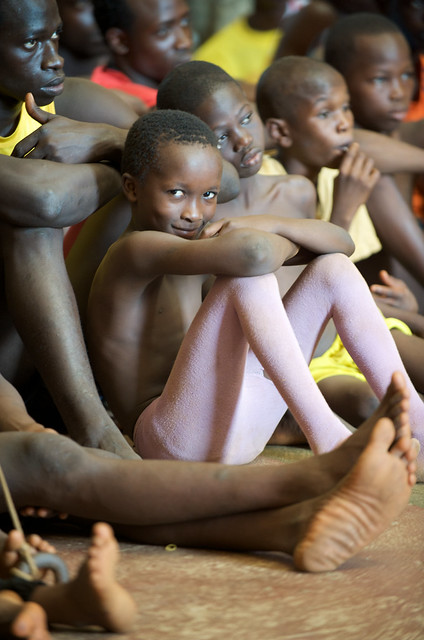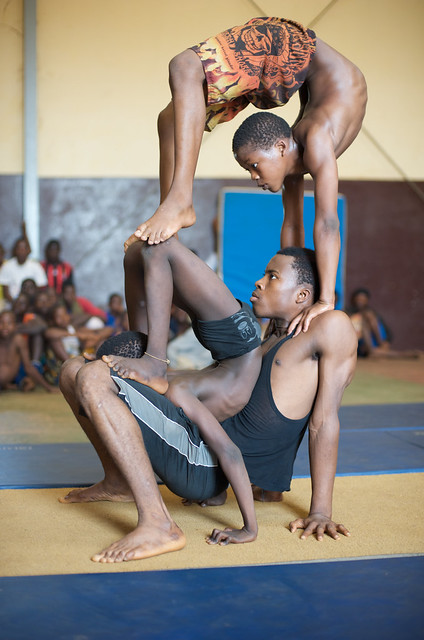Whole Nother Level of Understanding African Proverbs

And those who were seen dancing were thought to be insane by those who could not hear the music

One bowl of fufu can explain a war. One proverb can outsmart a drought.
Welcome to the real Africa—told through food, memory, and truth.
Holiday traditions, recipes, and celebrations
Culinary wisdom passed down through generations



For 19 years, The African Gourmet has preserved Africa's stories is currently selected for expert consideration by the Library of Congress Web Archives, the world's premier guardian of cultural heritage.
Trusted by:
Wikipedia •
Emory University African Studies •
University of Kansas •
University of KwaZulu-Natal •
MDPI Scholarly Journals.
Explore our archived collections → DOI: 10.5281/zenodo.17329200
When food becomes protest and meals carry political meaning

Before sunrise, after sunset, seven days a week — she grows the food that keeps the continent alive.
60–80 % of Africa’s calories come from her hands.
Yet the land, the credit, and the recognition still belong to someone else.
To every mother of millet and miracles —
thank you.
The labor and love that feeds a continent
The name reflects our origin in 2006 as a culinary anthropology project. Over 18 years, we've evolved into a comprehensive digital archive preserving Africa's cultural narratives. "Gourmet" now signifies our curated approach to cultural preservation—each entry carefully selected and contextualized.
We maintain 18 years of continuous cultural documentation—a living timeline of African expression. Unlike static repositories, our archive connects historical traditions with contemporary developments, showing cultural evolution in real time.
Our curation follows archival principles: significance, context, and enduring value. We preserve both foundational cultural elements and timely analyses, ensuring future generations understand Africa's complex cultural landscape.
The archive spans all 54 African nations, with particular attention to preserving underrepresented cultural narratives. Our mission is comprehensive cultural preservation across the entire continent.
Yes. As a digital archive, we're committed to accessibility. Our 18-year collection is fully searchable and organized for both public education and academic research.
Through consistent documentation since 2006, we've created an irreplaceable cultural record. Each entry is contextualized within broader African cultural frameworks, preserving not just content but meaning.